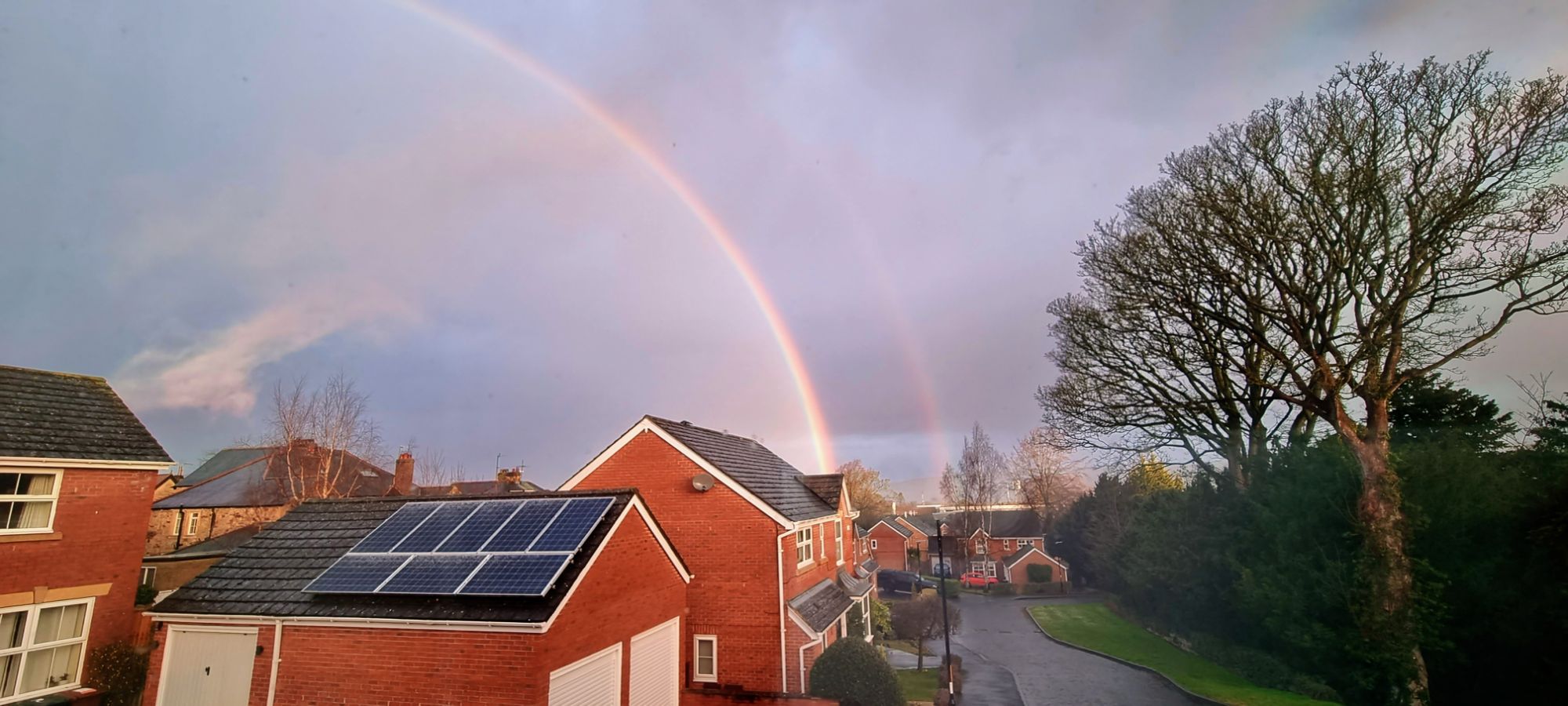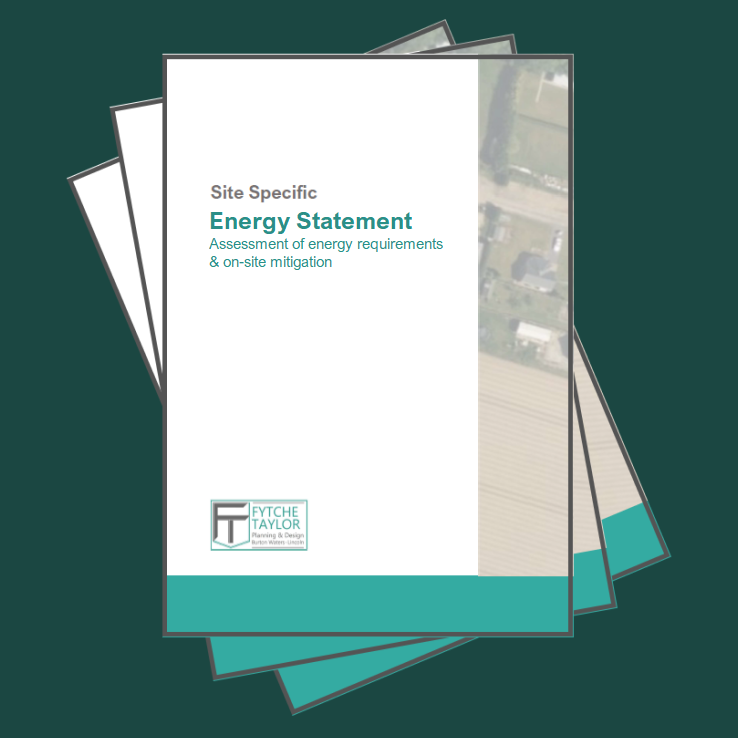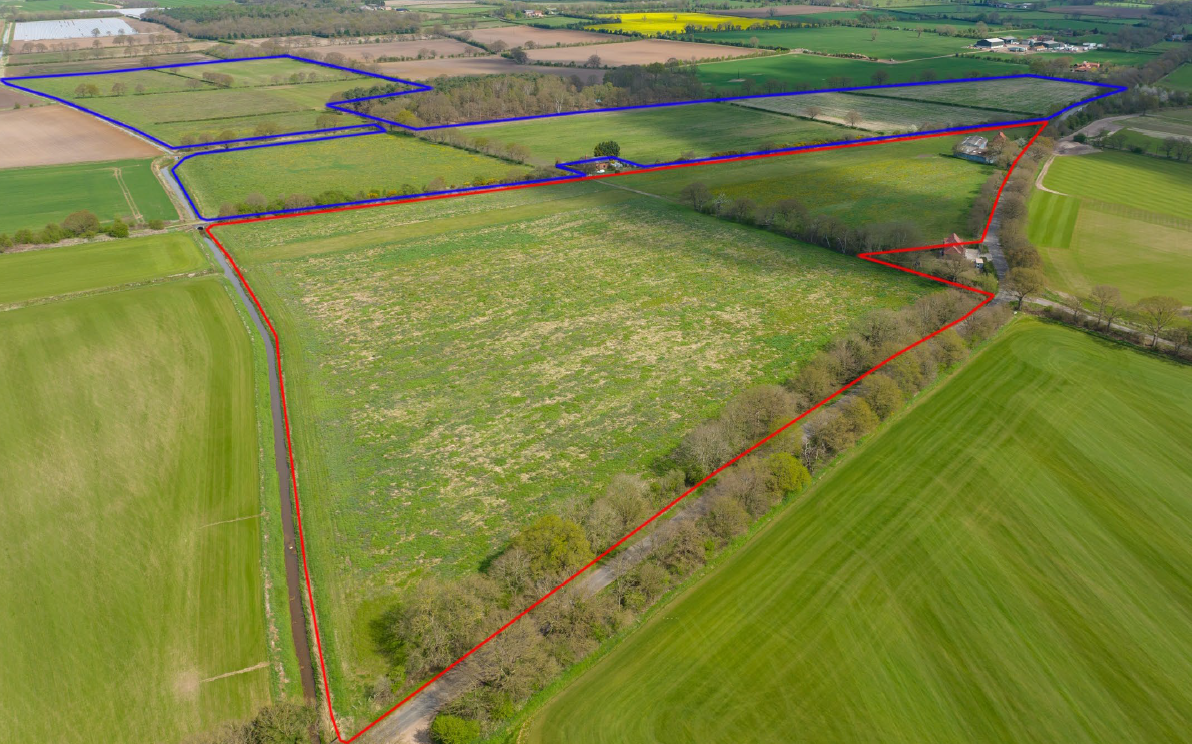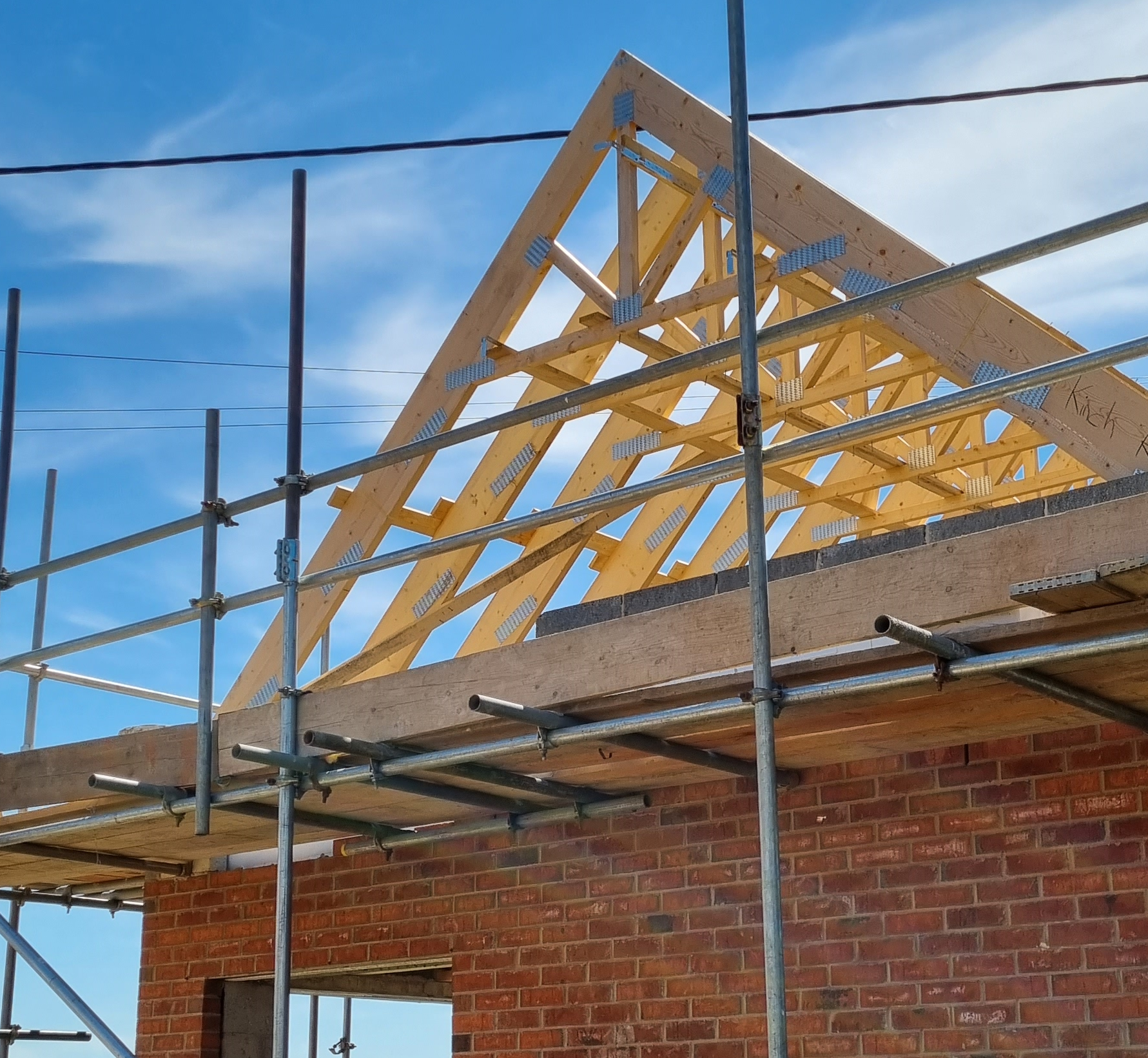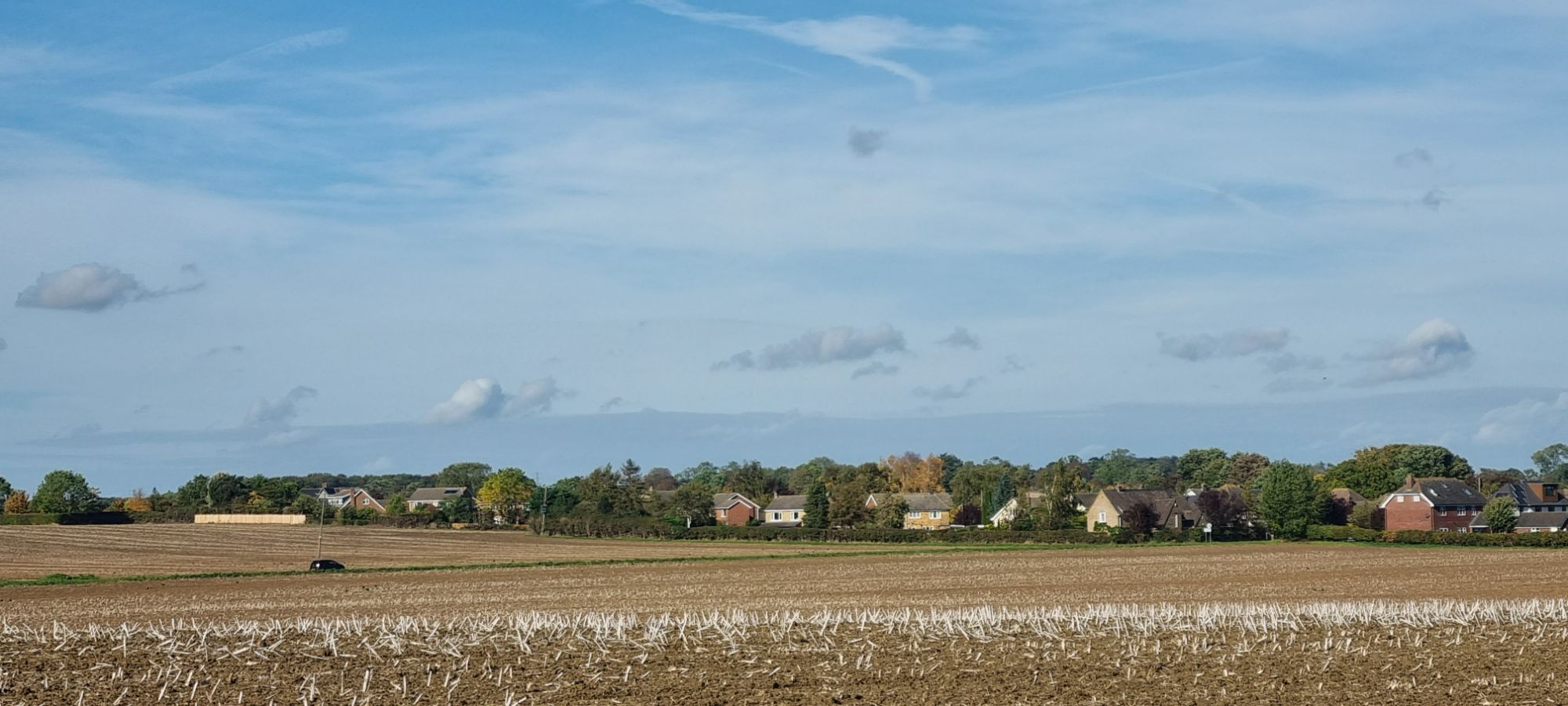Energy Statements for Planning Applications, EPCs and SAPS for Building Regs
Renewable Energy Needs & Energy Efficiency Calculations
Required for: Most new residential buildings and extensions
Recent legislation changes and new Local Plan policies mean that Energy Statements are often required as part of many planning applications, particularly where new buildings are proposed.
The statements typically calculate the development's energy requirements to assess how much power the development will consume through its lifetime and then identifies how this need will be sustainably mitigated through higher build standards and on-site renewable energy generation.
Local requirements for when the statements are needed and what they must contain differ by LPA, so local policies should always be checked prior to starting work.
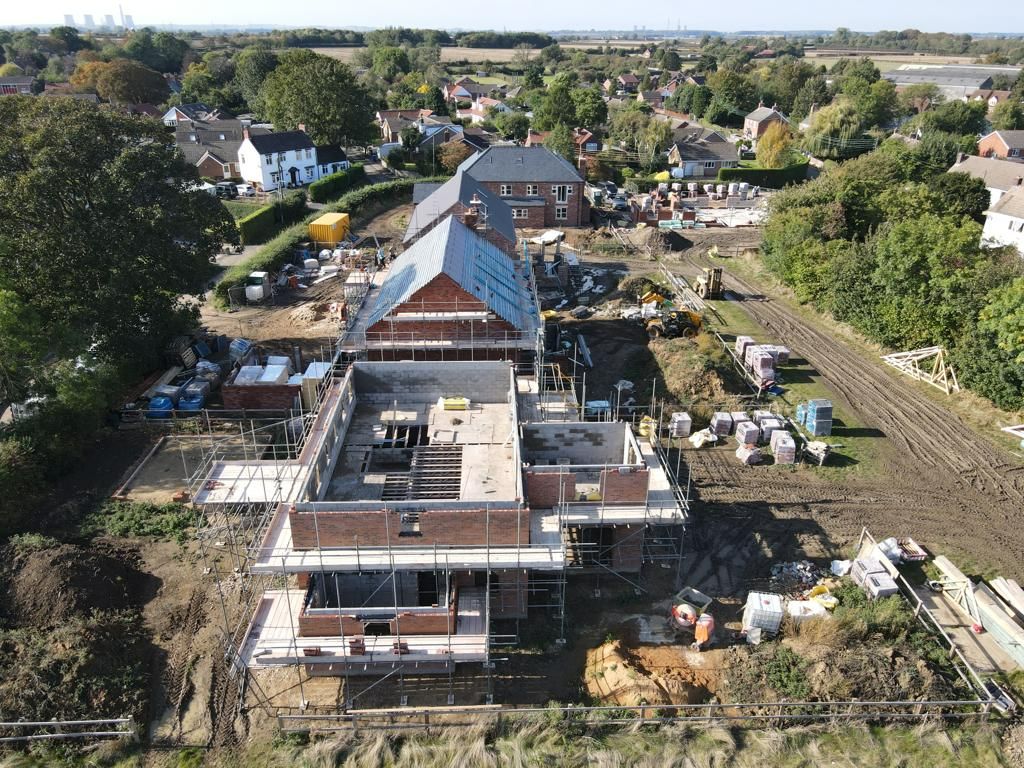

Our Design Manager, Matt Carter, is a qualified and accredited On Construction Energy Assessor, certified by Elmhurst Energy (Cert no. EES/030949).
This ensures that we can offer our clients a reliable, accurate and professional service to support their planning application for new homes, including for EPCs, SAP calculations for Building Regulations and Energy Statements.
The high quality and full policy compliance of our documents has been widely praised by local planning authorities. Note: This service is typically only offered for projects where we are also undertaking the design and planning work.
Worth knowing... Your local planning application requirements should always be carefully checked before finalising your plans or site design, and prior to submitting your application. In nearly all cases, it's better to do this check before drawing up any plans at all!
Get the best advice – When a planning application is delayed or refused it can be very costly, both in fees and time. Our team of planning experts have significant local authority experience, including working as Head of Service and in writing new Local Plan policies. We hold an exemplary track record of success with making planning applications too, and we are frequently brought in by other practices that have either been caught out by the new requirements, or were not aware of them at all. That doesn't happen to our clients!
Energy Statements - Reports for Planning Applications: Chapter 2 of the NPPF sets out national policy for achieving sustainable development, and separates it out into three objectives – economic, social and environmental. Within the environmental objective, “mitigating and adapting to climate change, including moving to a low carbon economy” forms a key part of achieving sustainable development – a key goal of the planning system.
Planning applications will therefore typically require Energy Statements to assess the energy needs of sites and set out the methods for mitigating and meeting those needs through on-site generation using renewable sources.
Be ready! Get the best advice from the start and speak to our expert team.
